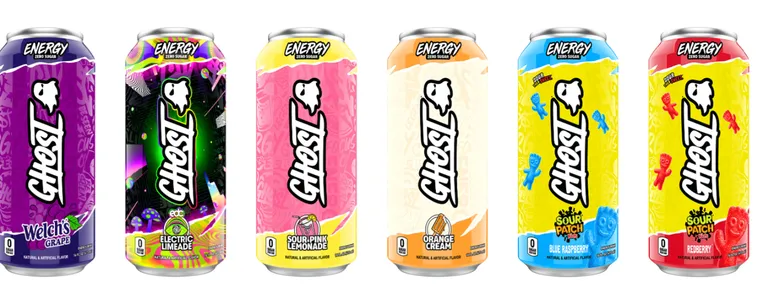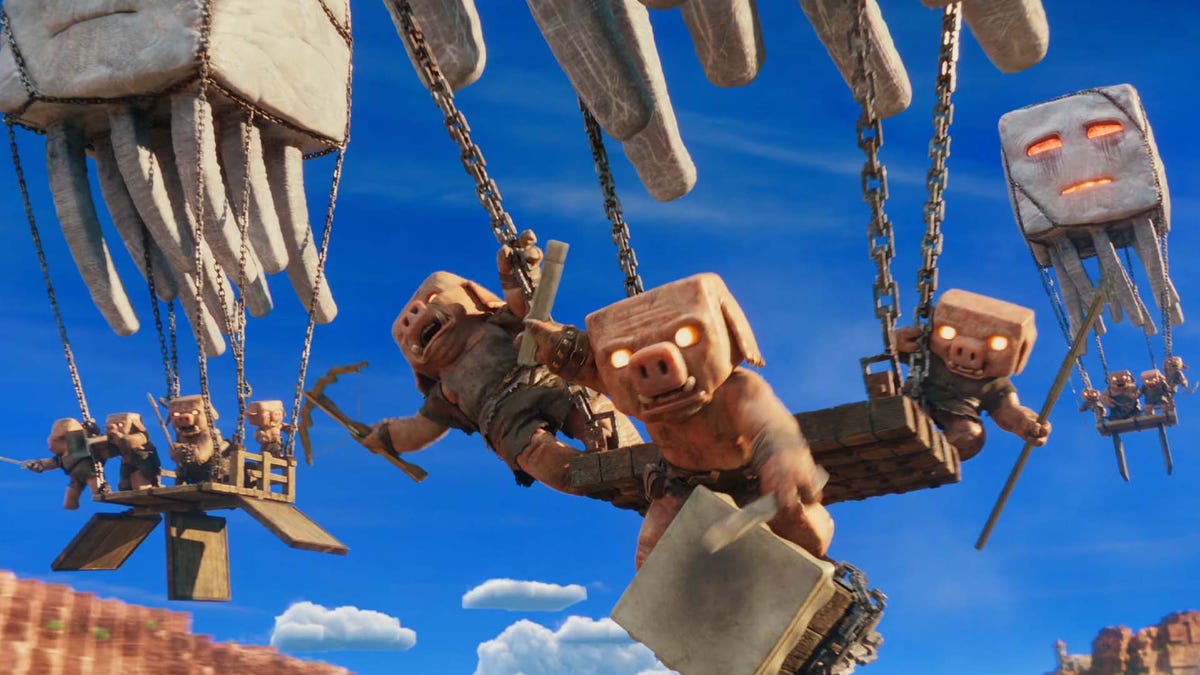Dive Brief:
- Keurig Dr Pepper’s $1 billion-plus bet on Ghost energy drinks is beginning to pay off, helping boost sales at the beverage giant and offset headwinds in traditional segments like soda and coffee.
- Net refreshment beverage sales grew 11% in its most recent quarter. Keurig Dr Pepper’s energy drink portfolio, which also includes a stake in C4, is driving momentum for the company, CEO Tim Cofer told investors on the company’s earnings call.
- Coffee, where the company has a large presence with brands like Green Mountain and Lavazza, struggled in the quarter. Tariffs on green coffee beans and cautious consumer spending led to a 3.7% decline in the category, the executive said.
Dive Insight:
Keurig Dr Pepper’s portfolio consists of investments and outright ownership of drinks across the beverage spectrum, from sodas and teas to energy drinks and nonalcoholic beer. Its decision to lean harder into energy drinks in 2025 was bolstered by a C-suite shakeup earlier this year, when the company promoted insider Justin Whitmore to lead its operations in the growing category.
The beverage company purchased 60% of Ghost last fall, and plans to fully acquire the brand in 2028. Keurig Dr Pepper said the brand’s net sales quadrupled between 2021 and 2024.
On its earnings call, the company said it is aggressively moving to boost distribution for Ghost’s energy drinks, which include flavor collaborations with Mondelēz International-owned candy brands Sour Patch Kids and Swedish Fish.
“As we assume full influence over the brand all the way to the shelf, we are beginning to execute against Ghost’s significant growth opportunities,” Jane Gelfand, senior vice president of finance, told investors.
The company’s investment in C4 Energy came in 2022 when it spent $863 million for a 30% stake in Nutrabolt, which owns the brand.
Given the headwinds it’s facing in coffee, Keurig Dr Pepper plans to lean into premium offerings from La Colombe and Lavazza, Cofer told investors.
“We will consider additional inflation mitigation steps in response to both green coffee and tariffs,” Cofer said. “Additional pricing could be one of the levers, but there are others as well.”
Other companies across the beverage industry are leaning into the growing energy drink category to drive revenue. Anheuser-Busch is launching an energy drink called Phorm Energy, and Molson Coors purchased a majority stake in Dwayne “The Rock” Johnson’s brand Zoa Energy. The U.S. energy drink category is projected to be worth $33 billion by 2030, according to Research and Markets data.







